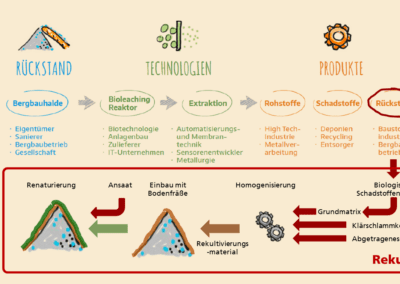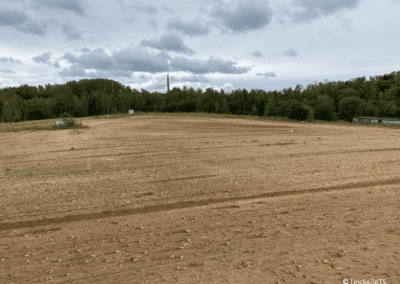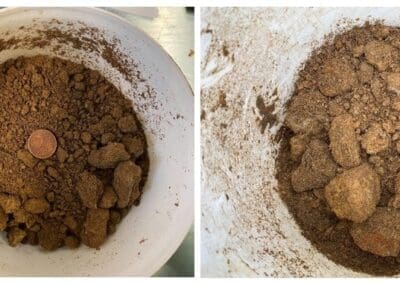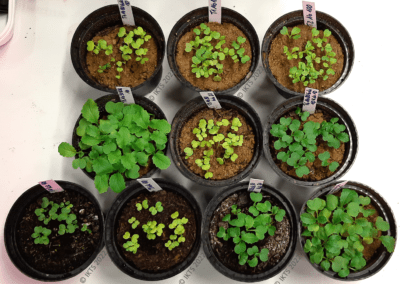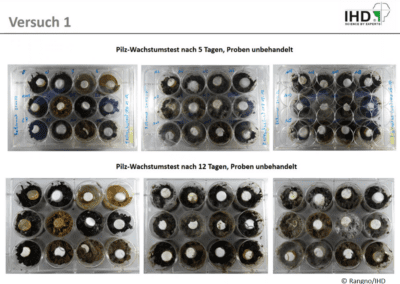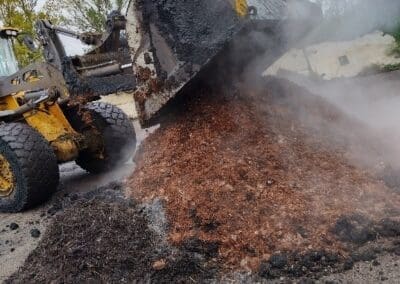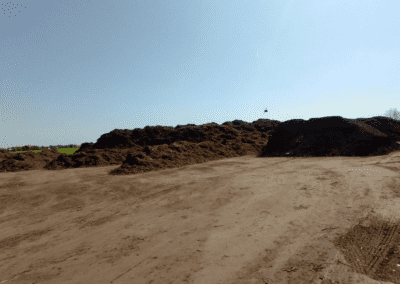ReKuMat
Development of Specific Recultivation Material for Qualified Covering of Tailings and Contaminated Sites
Time span
From 01.08.2021 to 31.07.2024
Abbreviation
RekuMat
Project type
Recultivation materials
The development of antropogenic sources of raw materials, such as mining dumps or contaminated sites, results in renewed intervention in the landscape by opening up partially greened sites. After the extraction of raw materials from the legacies of ore mining and metallurgy, which are the focus of the WIR! recomine® alliance projects, a quick and safe renaturation of the former mining dumps or contaminated sites is necessary. This is where the planned RekuMat research project comes in by developing economically and ecologically sustainable recultivation materials. The approach is therefore part of the recomine® vision.
The aim of the project is to develop and test functionalized recultivation materials for qualified cover systems for mine dumps and contaminated sites as well as the associated production and installation processes. Regionally available tailings or mineral residues serve as input materials for the basic matrix. The solid residues or residual materials that remain after the extraction of valuable materials from the tailings generally have poor soil physical and/or chemical properties as well as an unfavorable granulometric condition. Added to this is the low microbiological activity. Therefore, the targeted processing and addition of property-improving additives is absolutely essential in order to be able to adjust the biological, physical and chemical soil parameters in accordance with requirements and regulations. The RekuMat project approach provides for the use of residual materials such as municipal sewage sludge and removed substrates from edible mushroom production as additives. These material streams are generally also available regionally and have a variety of desired properties to remedy the weak points of the basic matrix. Preliminary investigations indicate that removed mushroom substrates could be particularly suitable for achieving the immobilization of heavy metals or the degradation of critical organic substances required for soil remediation.
In order to ensure the functionality of the recultivation materials in consistent quality, the development and testing of recipes (mixing ratios), a targeted composting (adjustment of chemical and biological parameters), a good homogenization and the allocation of suitable plant communities are part of the reliable establishment of an initial vegetation.
The results from RekuMat will help with a fast, reliable and economically as well as ecologically sensible renaturation of tailings using regionally available material flows.
The results from RekuMat are aimed at the rapid, reliable and economically and ecologically sensible renaturation of mine dumps using regionally available material flows. It is therefore possible to transfer the approaches to other sites and regions.
Contact
Fraunhofer Institute for Ceramic Technologies and Systems (IKTS)
Marc Lincke
+49 0351 2553 7766
marc.lincke@ikts.fraunhofer.de
R & D Locations
Partners
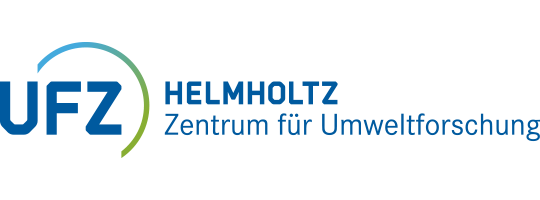
Helmholtz-Zentrum für Umweltforschung Leipzig GmbH-UFZ
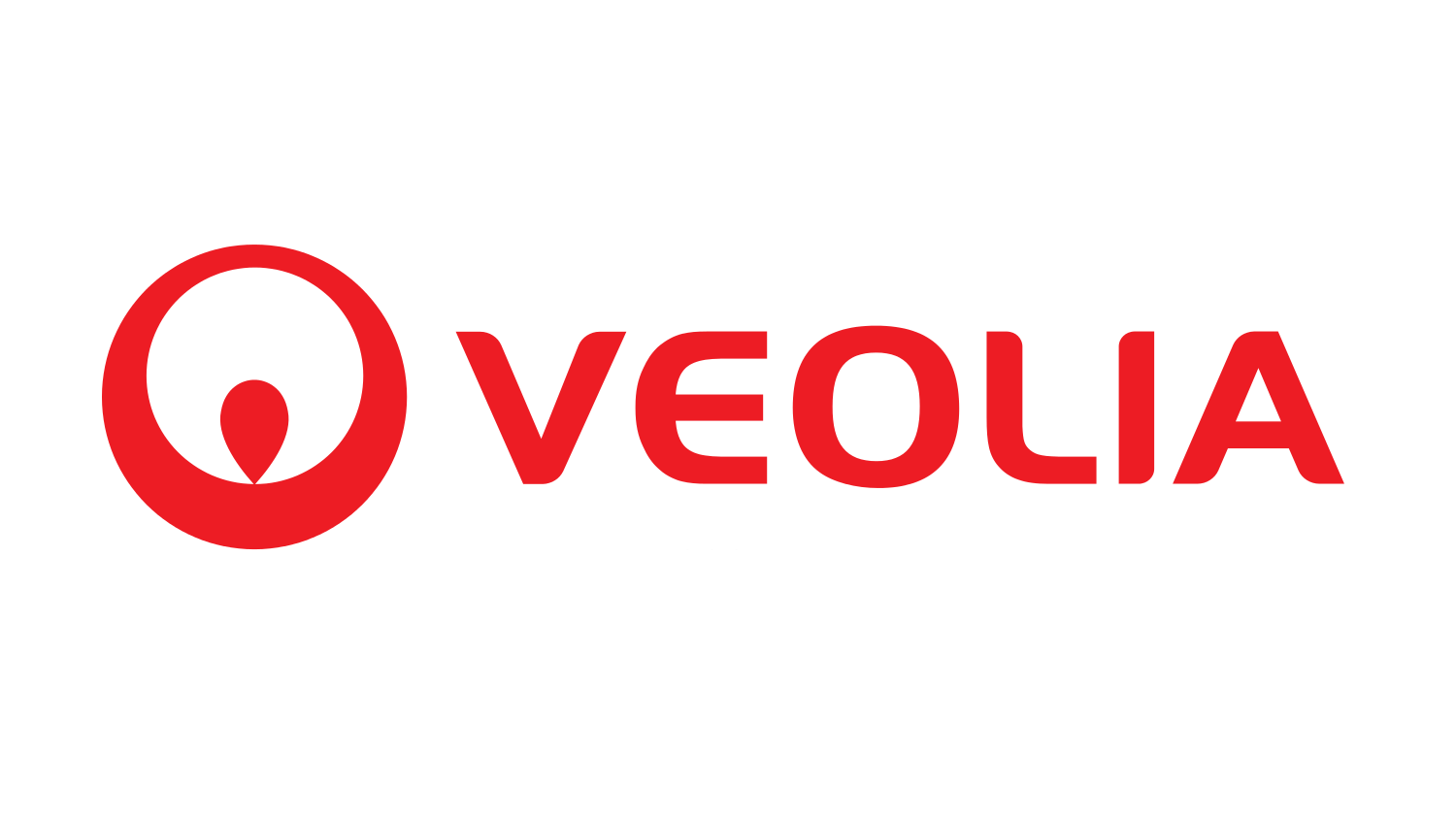
Veolia Klärschlammverwertung Deutschland GmbH

SAXONIA Standortentwicklungs- und Verwaltungsgesellschaft mbH
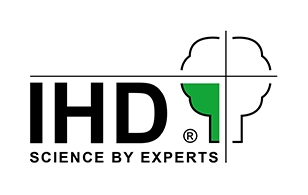
Institut für Holztechnologie Dresden gemeinnützige GmbH
